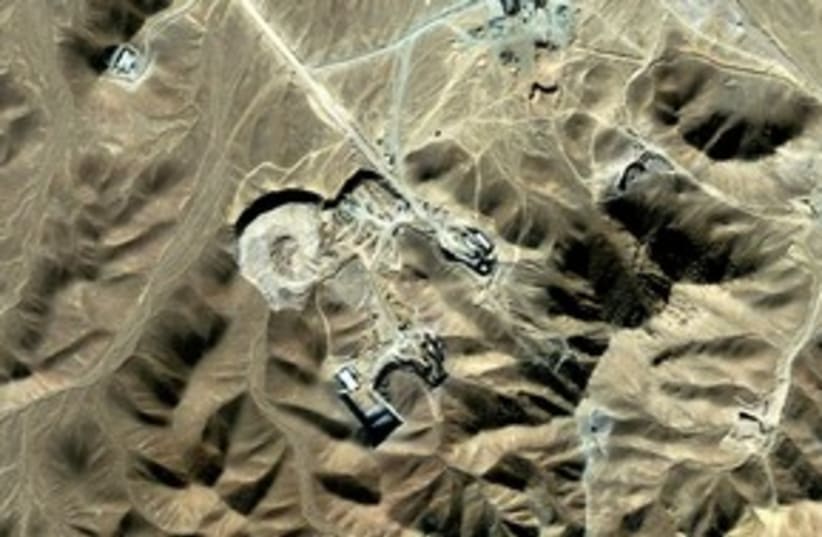Despite thaw, resolving Iranian nuclear dispute a huge challenge
Even if an interim agreement were reached to slow or suspend Iran's nuclear program, the process would have a long way to go before a final settlement, including clearing up lingering Western anxieties about Iranian weapons research.
